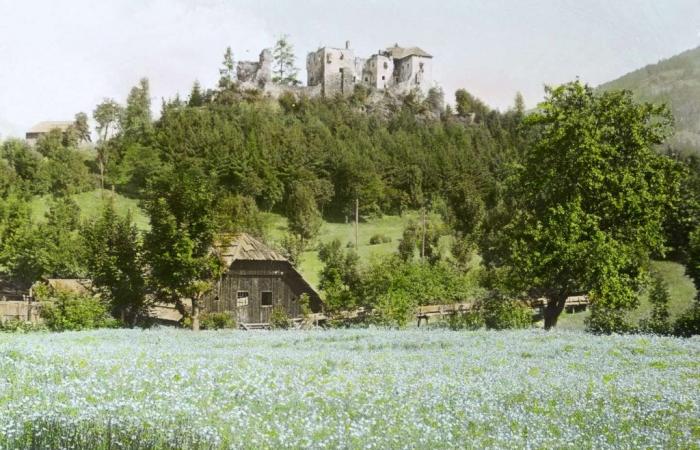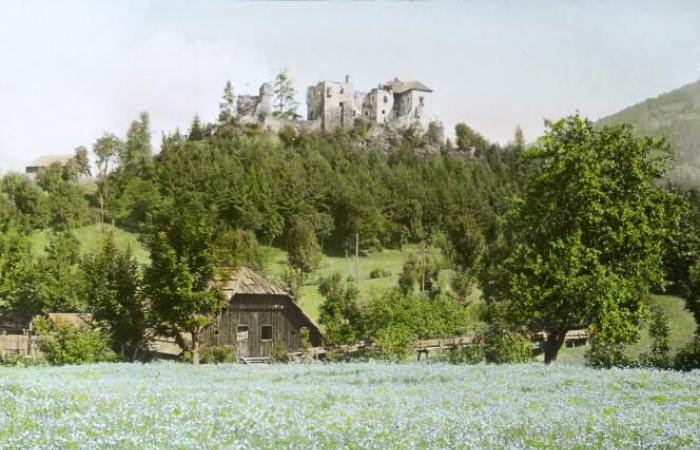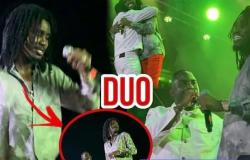« Le Champ » (Let you, my father, or write death in my heart), by Josef Winkler, traduit de l’allemand (Austria) and postface by Bernard Banoun, Verdier, 220 p., 20.50 €.
All of Josef Winkler’s work is a veritable labor of the past. Born in 1953, in the Austrian Alps, author of around twenty novels, including Wild Carinthia (“Wild Carinthia”, 1995, untranslated), Requiem for a father or The Ukrainian (Verdier, 2013 and 2022), this son of peasants gradually established himself as one of the most powerful voices in Austrian literature, turning over and over the same acres of his childhood memories in Carinthia: Kamering, his native village “cross-shaped”the family farm, a violent father, a mute mother, a former SS uncle, the ritual of masses and harvests, the vapors of incense and the fetid silences. In this new story, The Fieldwritten following a macabre discovery, Josef Winkler exhumes the corpse of history, buried in guilty silences. And digs ever deeper into the land of its origins.
It all begins with reading a work by the historian Johannes Sachslehner on the great Nazi criminal Odilo Globocnik, responsible for Aktion Reinhard who, between March 1942 and October 1943, caused the deaths of more than a million and a half Jews in Poland. To his great horror, Josef Winkler discovers that the“mass murderer” has been lying since May 1945 in a communal meadow, very close to the family farm. Also originally from Carinthia, Globocnik returned at the end of the war to hide in the country. Captured by the British, he killed himself by biting a cyanide capsule hidden between his teeth. The local priest having refused to bury the“exterminator of Jews” in his own cemetery, a hole had been dug and the body buried, without a mark. Ten years later, a “incorrigible admirer of Hitler” had searched for Globocnik’s bones to give him a burial, but in vain. THE “rotting skeleton of the bloodthirsty Nazi” had therefore remained there, in this field where the whole Winkler family, father, mother and children, harvested wheat for bread and oats for the animals.
Horrified by this discovery, Josef Winkler, for several months, could not swallow or write anything. All the “black kitchen” of his childhood was therefore contaminated by “great circulation of the blood of history”. The Field reads like a long plea to the father, to this tate (in German, childish word for “father”) who went silent: ” Kind tate ! Wicked tate ! Why, why did you hide it, why did you keep it quiet? » It is no coincidence that Josef Winkler was honored with the Franz Kafka Prize this year. The writer himself declared it on this occasion: “I reread The Letter to the Father [de Kafka] to be able to write this book. »
You have 37.58% of this article left to read. The rest is reserved for subscribers.







